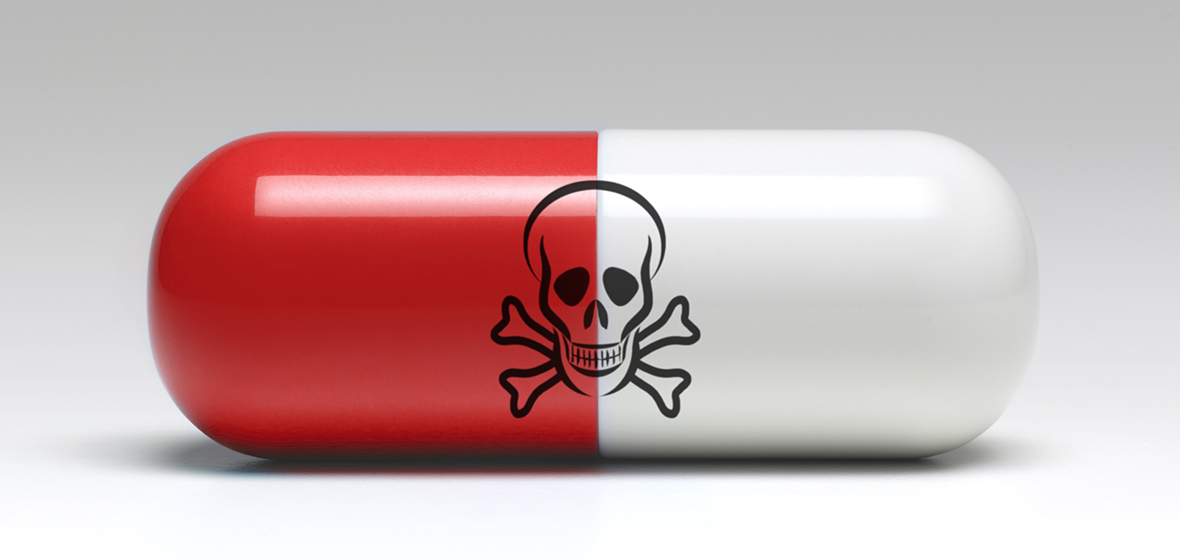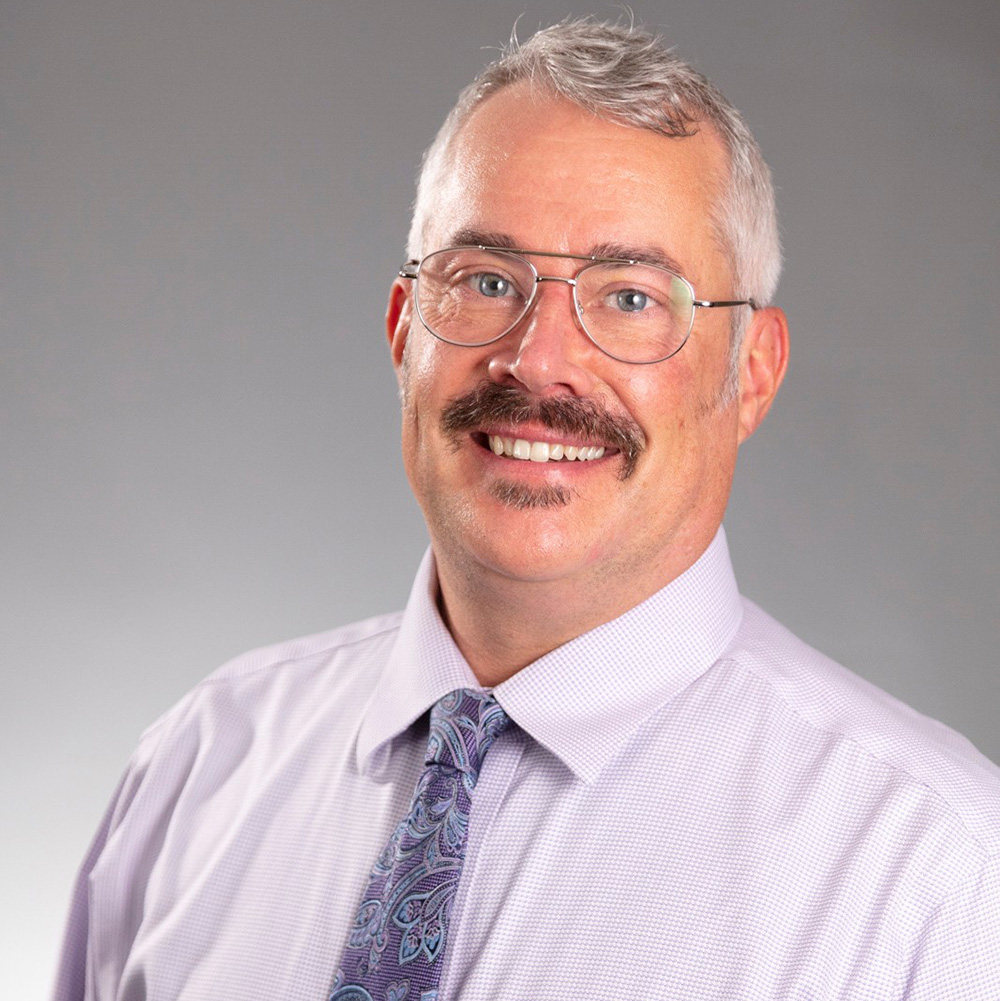
The impacts of overdose are far-reaching, and you may know family members or friends who have survived or who have been lost to an overdose.
According to the National Institute on Drug Abuse, drug overdose deaths have been rising in the U.S. In 2022, more than 109,000 people in the U.S. died from a drug overdose.
People who have overdosed at least once are more likely to overdose again, according to the Centers for Disease Control and Prevention.
What is an Overdose?
According to the U.S. Drug Enforcement Administration, an overdose can occur if a large quantity of a drug or a combination of drugs is in the body. Depressants, opioids and stimulants are common types of drugs that can cause overdoses.
Depressants, such as alcohol, barbiturates and benzodiazepines, can slow breathing and the body’s heart rate. Opioids, such as pain medication, fentanyl and heroin, can slow the central nervous system to calm the body. When the body has too much of a depressant or opioid in its system or contains multiple depressants or opioids, breathing and heart rate can slow down alarmingly and end up stopping.
Stimulants, such as cocaine, methamphetamines and medications containing amphetamines, can make you more likely to have a heart attack, stroke, seizures or psychosis. A person can experience a stimulant overdose when the effects they are experiencing are so severe that their health is in jeopardy.
Symptoms of a drug overdose can include:
- Gurgling or snoring
- Anger, paranoid behavior or confusion
- Difficulty breathing
- Chest pain
- Headache
- Seizures
- Losing consciousness or being unconscious
Treatment of an Overdose
It is important that overdoses are treated right away to prevent harmful complications or death. Knowing about the specific drug or drugs that was/were taken can be extremely helpful. For example, opioid overdose can be treated with naloxone, but stimulant overdose cannot.
Most overdoses will need emergency treatment that can be initiated by dialing 911. If you suspect someone is experiencing a medication overdose and you don’t think it’s a true emergency, it could be helpful to call 800-222-1222 to speak with the poison control center in your area, because the center can provide instructions.
If you or the person who overdosed go to the hospital for an overdose, the providers will conduct an exam. Depending on the effects of the overdose, the following may be needed:
- Activated charcoal to help remove the drug from the body
- Airway support
- Urine and blood tests
- Chest X-rays
- CT scans
- Electrocardiogram to see how the heart is functioning
- IV fluids
- Laxatives
- Medication to provide an antidote to the overdose or manage symptoms
In the event of a large overdose, many organs may be impacted, which could impact prognosis.
If you are taking medication, it is important to only take your prescribed dose to prevent overdosing on the medication. If you use or if your loved one is using drugs, UofL Health has several options to help:
- A voluntary inpatient medically managed withdrawal (detox) unit at UofL Health – Mary & Elizabeth Hospital
- Inpatient medically managed withdrawal units at UofL Health – Peace Hospital
- Intensive outpatient and partial hospitalization treatment programs at the UofL Health – Peace Hospital Adult Outpatient Center
- Naloxone, available in UofL Health pharmacies
- A walk-in suboxone program from 8-10 a.m. Mondays or Wednesdays at UofL Physicians – Psychiatry (401 E. Chestnut St., Suite 610) in Louisville. Call 502-588-4550 for more information.
UofL Health – UofL Hospital also takes the following steps to help patients with substance use disorders:
- Addiction social workers meet with patients at their bedsides to help connect the patients to substance use disorder treatment services. Some of the services they can connect patients to include outpatient services, medications for opioid use disorders, intensive outpatient services, inpatient services, residential services, dual diagnosis services and sober living resources. For assistance, please call 502-561-7535 or email AddictionProgramSW@UofLHealth.org.
- Trauma social workers meet with patients involved in any traumatic incident to provide therapeutic support and connection to services for substance use disorders and mental health concerns. Peer support, art therapy and pet visitation are services offered to patients admitted to the hospital. For more information, please call 502-562-3487 or email Binkley@UofLHealth.org.
In an overdose emergency, dial 911 or visit any UofL Health Emergency Department. For additional information, visit https://UofLHealth.org/Substance-Use-and-Mental-Health-Services/.









